The Digital Humanities workshop "Humanities in the digital age: Securing innovation and empowering democracy" took place on April 26 at the European Parliament. The event was organized by the STOA panel vice-chair MEP Ivars Ījabs, assisted by the DHELI project, in cooperation with DARIAH-EU and CLARIN ERIC research infrastructures.
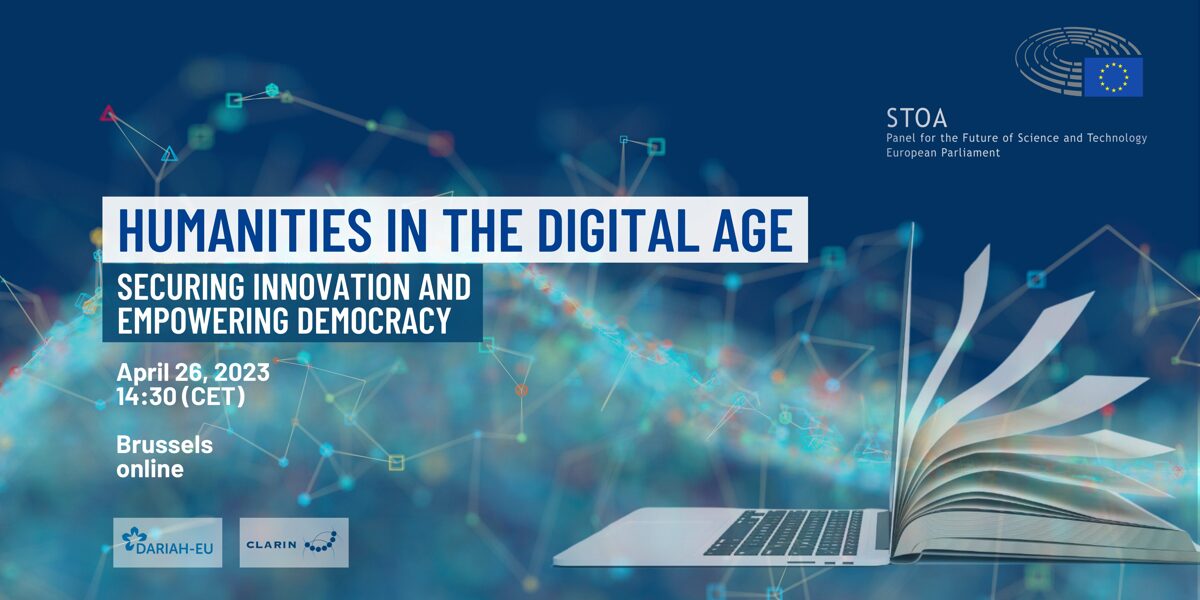
During the workshop, Maciej OGRODNICZUK (CLARIN-PL) presented multilingual comparable corpora of parliamentary sessions ParlaMint, while Normunds Grūzītis (CLARIN-LV) introduced to the SELMA project and its contribution to Innovation in multilingual media monitoring. All presentations and workshop booklet is available from the workshop page.
On January 2023, after finishing successfully assessment by CoreTrustSeal Standards and Certification Board, CLARIN-LV National Infrastructure for Language Resources and Technologies in Latvia has been certified as a CLARIN B-centre. The CLARIN-LV repository was set up in March 2020. CLARIN B-centres constitute the backbone of the European Infrastructure, offering the scientific community access to resources, services and knowledge on a sustainable basis. 
The CLARIN Annual Conference took place in Prague from 10 to 12 October. During the Opening session the Steven Krauwer Award for Early Career CLARIN Researcher was awarded to the CLARIN-LV researcher Roberts Darģis. Roberts has contributed to the development of the korpuss.lv platform and CLARIN’s ParlaMint project. He also serves to Standing Committee for CLARIN Technical Centres. 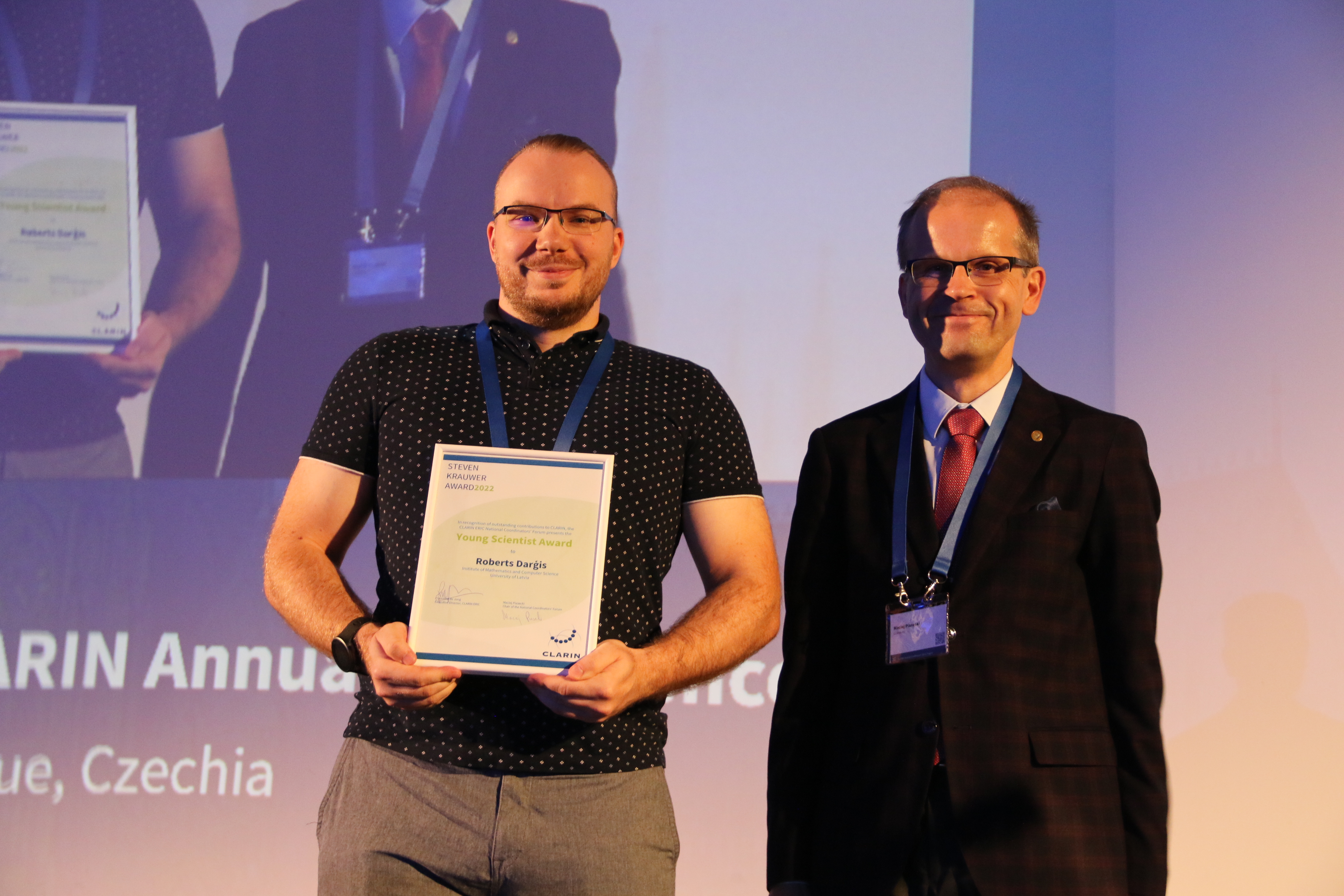
CLARIN-LV repository has been assessed and certified as a Trustworthy Data Repository by the CoreTrustSeal (CTS) Standards and Certification Board. CoreTrustSeal is an international, non-governmental, and non-profit organization offering to any interested data repository a core level certification based on the Core Trustworthy Data Repositories Requirements. The CTS certification is pre-requisite to become CLARIN B-centre. 
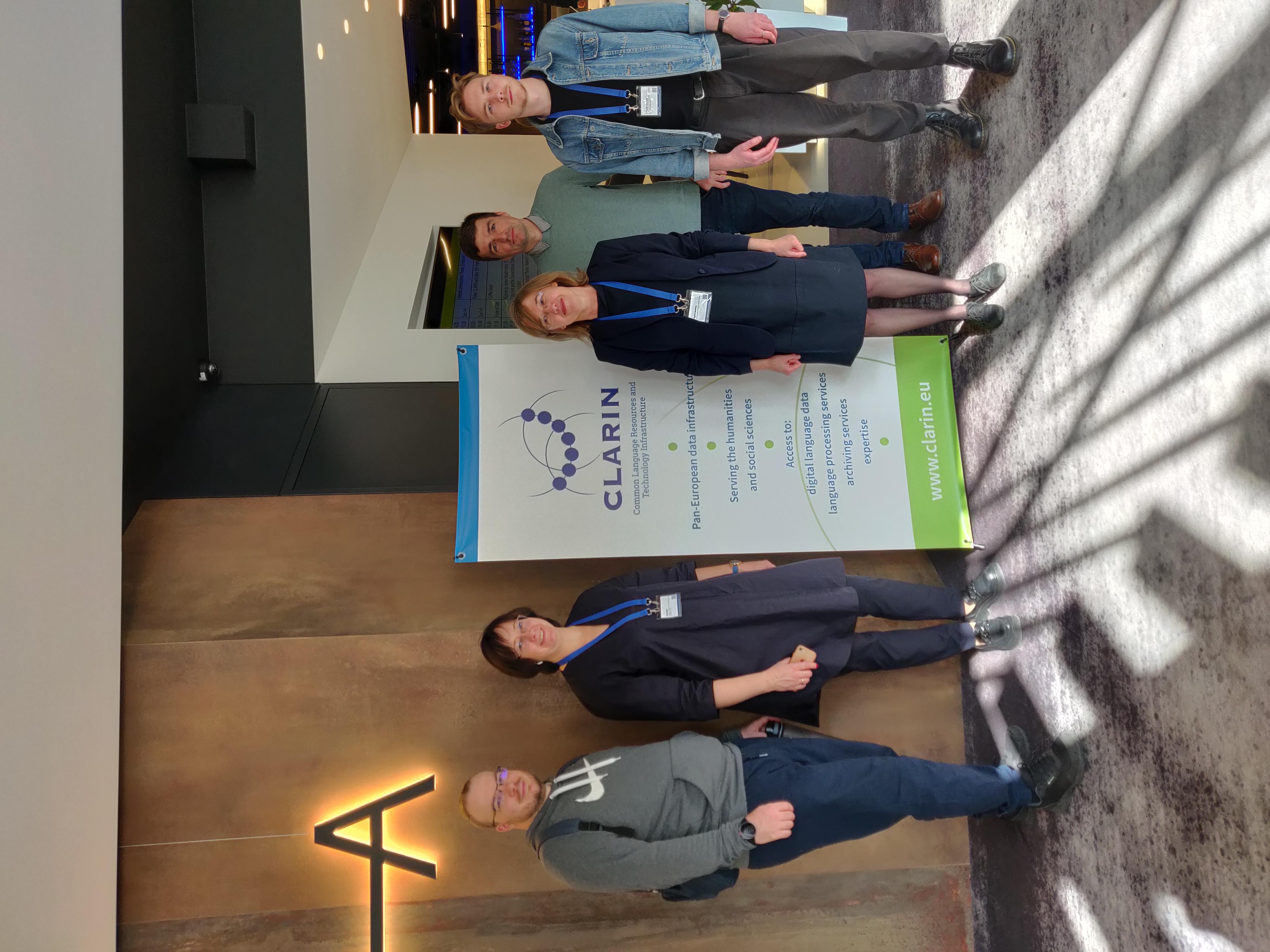
The CLARIN Annual Conference took place in Prague from 10 to 12 October.
During the Opening session the Steven Krauwer Award for Early Career CLARIN Researcher was awarded to the CLARIN-LV researcher Roberts Darģis. Roberts has contributed to the development of the korpuss.lv platform and CLARIN’s ParlaMint project. He also serves to Standing Committee for CLARIN Technical Centres. On the first day of the conference, Inguna Skadiņa (CLARIN-LV national coordinator) presented the overview of CLARIN-LV activities. On October 11, Kristīne Levāne-Petrova (PhD candidate from the University of Latvia) presented The Balanced Corpus of the Modern Latvian Language (LVK2018).
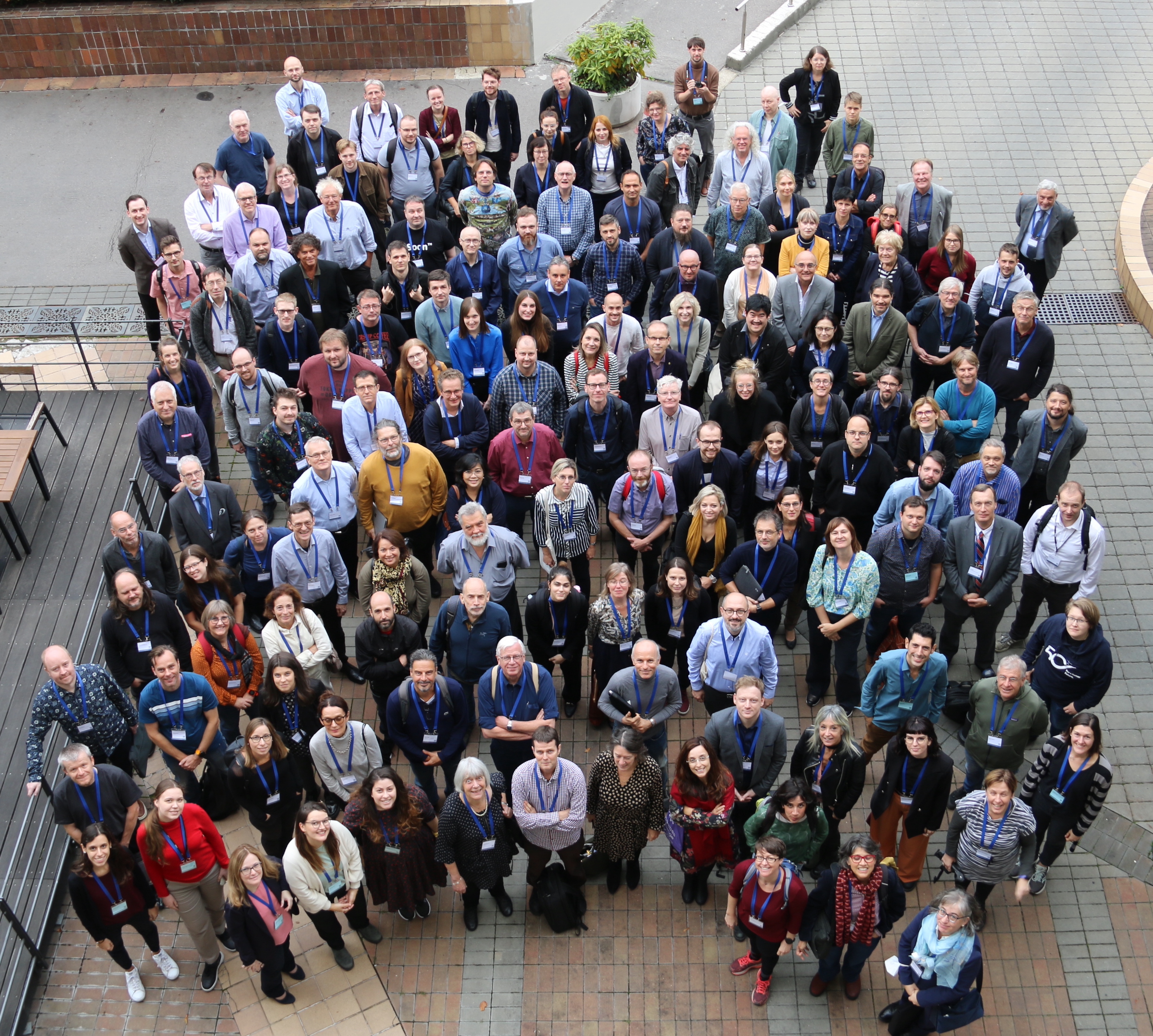

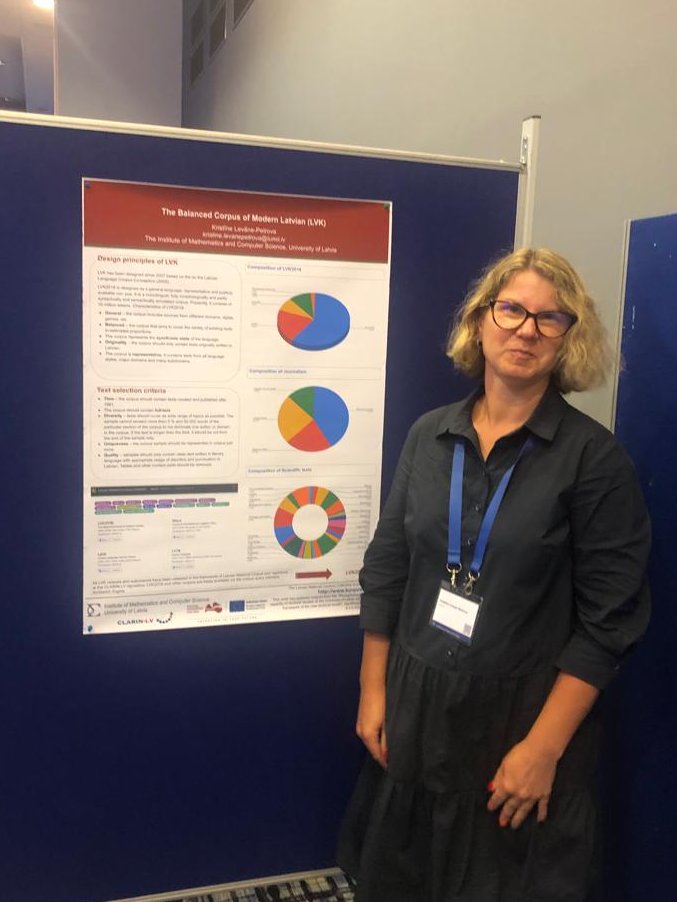
Page 3 of 6


